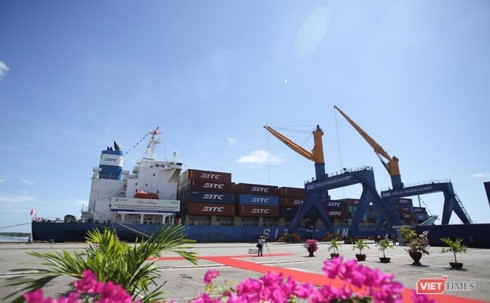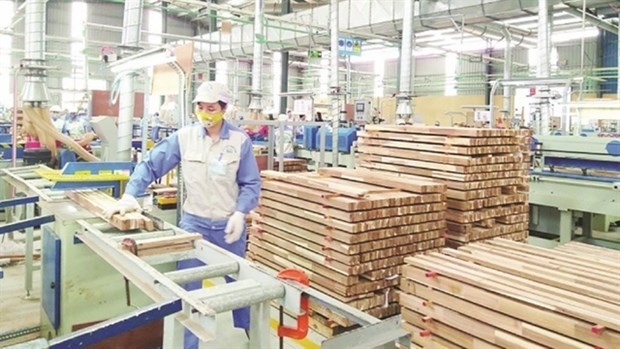CPTTP – challenges for Vietnamese businesses
Monday, January 28,2019
AsemconnectVietnam - Economists say opportunities and challenges brought by the Comprehensive and Progressive Agreement for Trans-Pacific Partnership depend on the capacity of Vietnamese enterprises to grasp and overcome them.
Source: vov.vn
CPTPP accession process for UK begins
Vietnam, Japan to work closely for effective implementation of CPTPP
Vietnamese businesses look to further optimise opportunities from CPTPP
CPTPP – a booster to Vietnam – Canada trade
CPTPP benefits Vietnam-Canada trade ties: experts
CPTPP – a booster for Vietnamese exports to Latin America
Webinar spotlights Vietnam-Canada trade in CPTPP in post-COVID era
Businesses advised to outline long-term vision for CPTPP benefit
Vietnam gains higher exports to Canada, Mexico partly due to CPTPP
CPTPP eases pathway for Vietnamese exports to Canada, Mexico
Vietnam posts trade surplus with other CPTPP members
Vietnam posts positive trade balance with CPTPP
CPTPP: How Japan Became the Adult at the Trade Table
CPTPP to advance Vietnamese farm produce’s foothold in global supply chain

Plan on implementing Decision No. 327/QD-TTG dated March ...
Concretize viewpoints, objectives, tasks and solutions of the plan in accordance with practical conditions of the locality, associating ...Plan on implementing national environmental protection ...
Implementation plan of marine aquaculture development ...
Program on conservation and development of Vietnamese ...
Plan on improving quality of human resources to 2025 and ...

Efforts taken to turn culinary culture into national ...
The Vietnam Cuisine Culture Association (VCCA) is taking steps to implement a project to build and develop Vietnamese culinary culture ...Vietnamese cuisine making a name for itself with ...
Vietnam advance to next round of AFC U20 Women’s Asian Cup
Cultural tourism and traditional values promoted through ...



